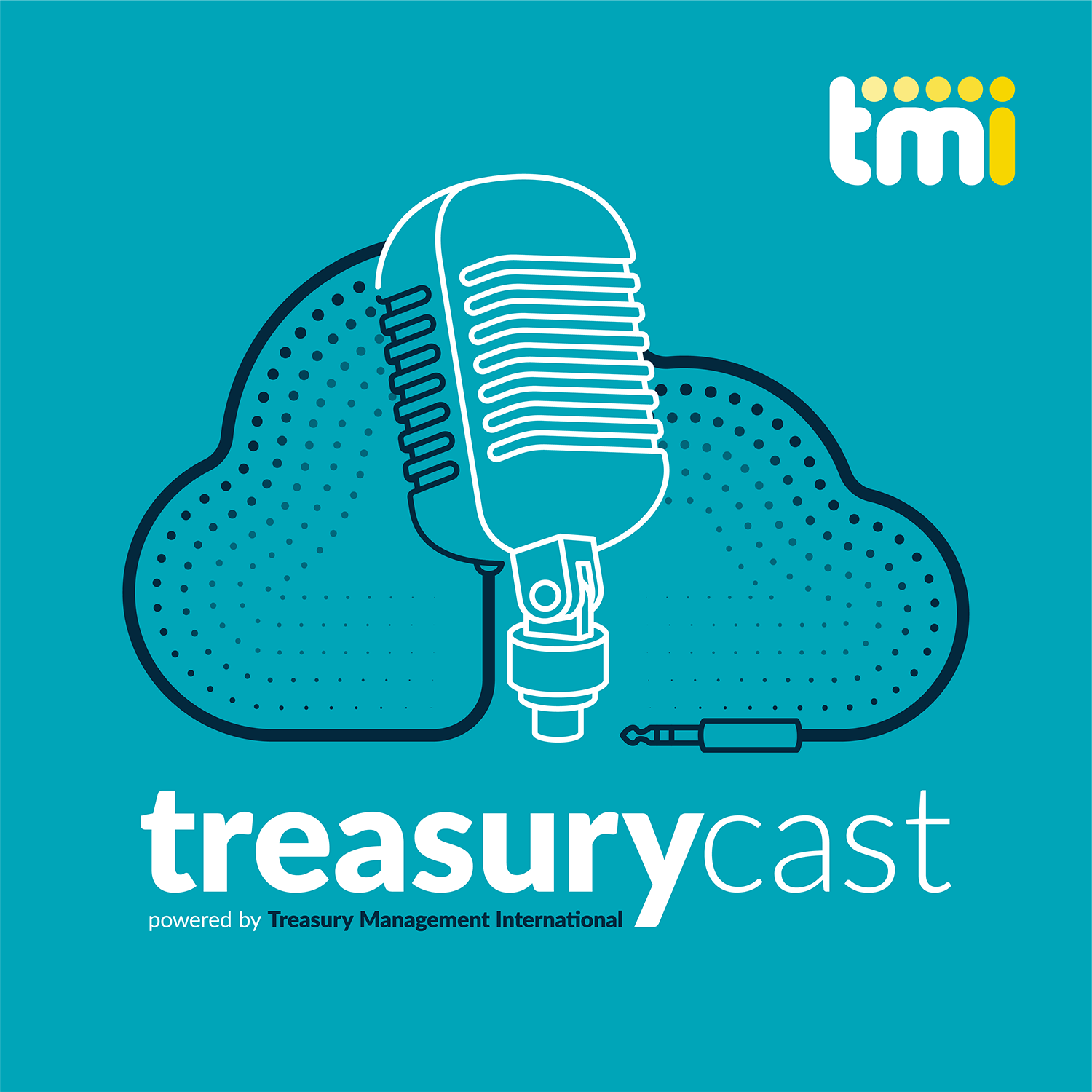According to a global study by strategic advisory and analyst firm Aite Group and SunGard, asset managers and asset servicers are struggling to manage new levels of pressure on their middle- and back-office operations. As business diversification into new products, instruments and territories and increasing regulation continue to transform the industry, firms are challenged to achieve operational effectiveness while meeting new demands on data, risk management, and reporting. Consequently, a split has emerged across the industry between a fire-fighting approach to compliance and long-term strategic improvements to data management. These findings are based on a survey of 58 senior executives at institutional asset management and asset servicing firms across North America, Latin America, Europe, Africa and Asia-Pacific. Nearly half (49%) of the responding firms had assets under management (AuM) of between $20 billion and $750 billion.
Through their research, Aite Group and SunGard identified the following challenges faced by today’s asset managers and servicers looking to ease operational pressures:
Impact of business diversification: While expanding globally into new geographies has the potential to offer greater returns, it can also introduce operational complexities. 72% of asset managers and 83% of asset servicers surveyed currently operate in multiple jurisdictions and are having to manage the variation in regulatory reporting requirements from country to country. The top business challenge today, for 68% of respondents, includes “increasing regulation and the challenges of aggregating data.” For 51% of respondents, the US Foreign Account Tax Compliance Act (FATCA) emerges from the survey as the most challenging regulation for asset managers and servicers. Almost as problematic is the Alternative Investment Fund Managers Directive (AIFMD), which was cited by 44% of firms. The survey found that moving from a country-level to a global approach is important for 78% of firms, who see better support for their global client base as a critical operational goal over the next 12 to 18 months.
Operational inefficiency: The survey reveals that “enhanced operational controls” and “increased efficiency through automation” are the two most important goals for firms’ middle- and back-office operations, for 83% and 81% of firms respectively, followed by improved productivity through workflow (79%). When it comes to achieving these objectives, asset managers and servicers are focusing on three key strategies: creating greater transparency, outsourcing non-core back-office tasks and infrastructure, and improving risk management.
Increased pressure to leverage data: Asset managers and servicers clearly recognize the growing importance of data management. The survey determined that 62% of firms have cited “better support for data aggregation” as a very important goal of their middle to back-office operations over the next 12 to 18 months. Not surprisingly, therefore, of all types of technology for the middle to back office, 42% of firms anticipate requiring data management solutions most over the next three years. This need is being predominantly driven by risk management, named as the most demanding source of back-office data requirements and analysis. Over half of surveyed firms (51%) see their data for risk management operations as either “fairly immature” or the “least mature.”
Denise Valentine, senior analyst, Aite Group, said, “As the details of regulation continue to be fleshed out and new requirements take effect, the resources of most asset managers and servicers are still consumed by compliance. But many firms who put technology purchases on hold during the financial crisis are now resuming enhancements to their fund accounting systems and associated middle- and back-office solutions, with the desire to become more efficient, automated, accurate and service-oriented. Given the many changes to market and industry infrastructure in recent years, it is hardly surprising that organizations are still grappling with core operational issues. The improvement of efficiency and automation is an ongoing process that, as challenges continue and new lessons are learned, will need to constantly evolve.”
Doug Morgan, president of SunGard’s Institutional Asset Management business, said, “This research finds that tackling this complexity requires a new approach to data management for asset managers and servicers. Data is the lifeblood of fund administration processes and needs to be both accurate and readily available. Yet, as this research also shows, it is all too often generated by multiple, disparate systems. By integrating their operations to create a single, robust ecosystem, asset managers and servicers can make more meaningful, efficient use of data. In turn, this will allow them to ease the mounting pressure on their operations – putting them in a stronger position to manage the forces of a global, diversified business model to become operationally more effective.”
For a copy of the full research report: Operations under Pressure: SunGard’s Global Asset Management Study 2014, please contact Melanie Hesketh: [email protected]





